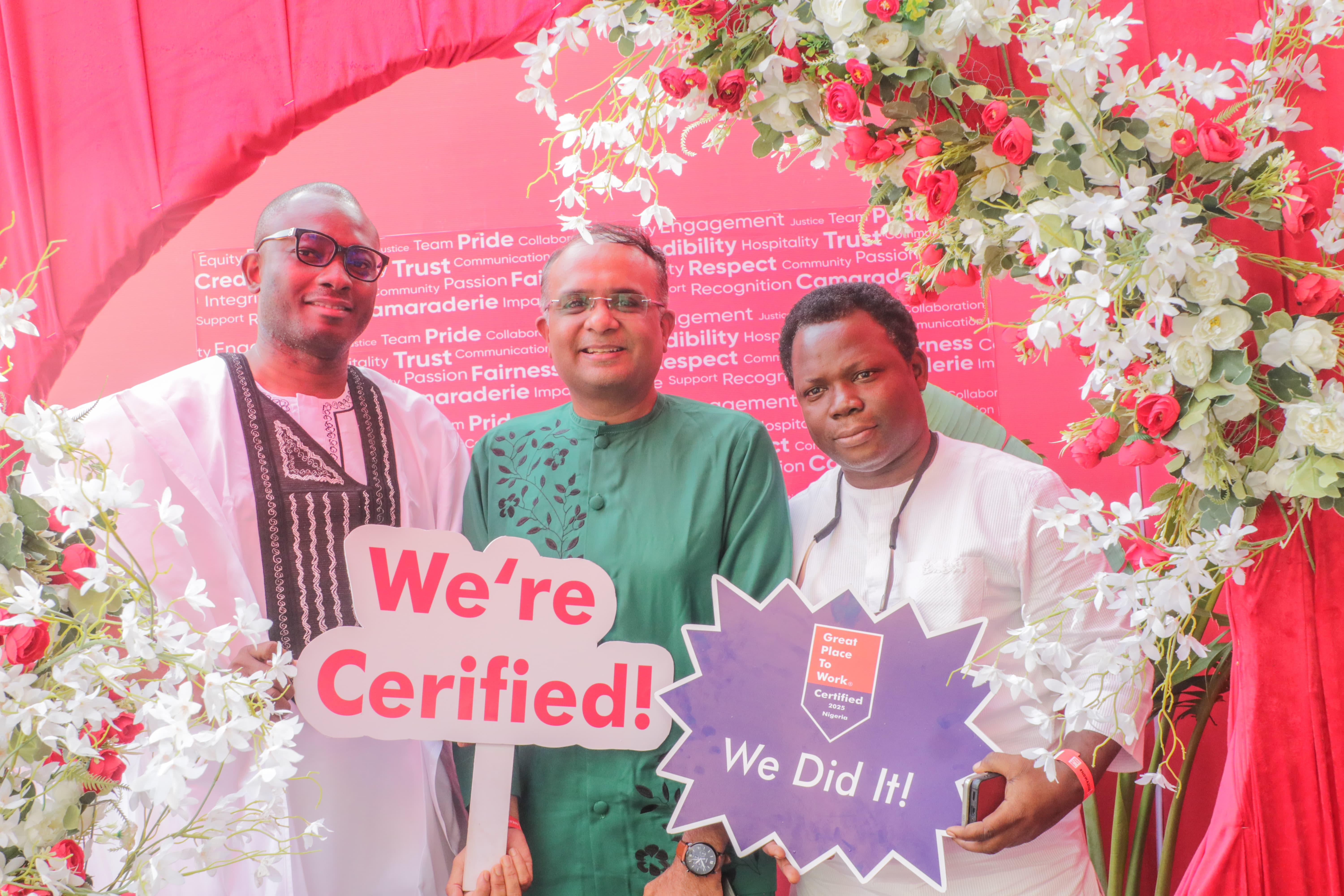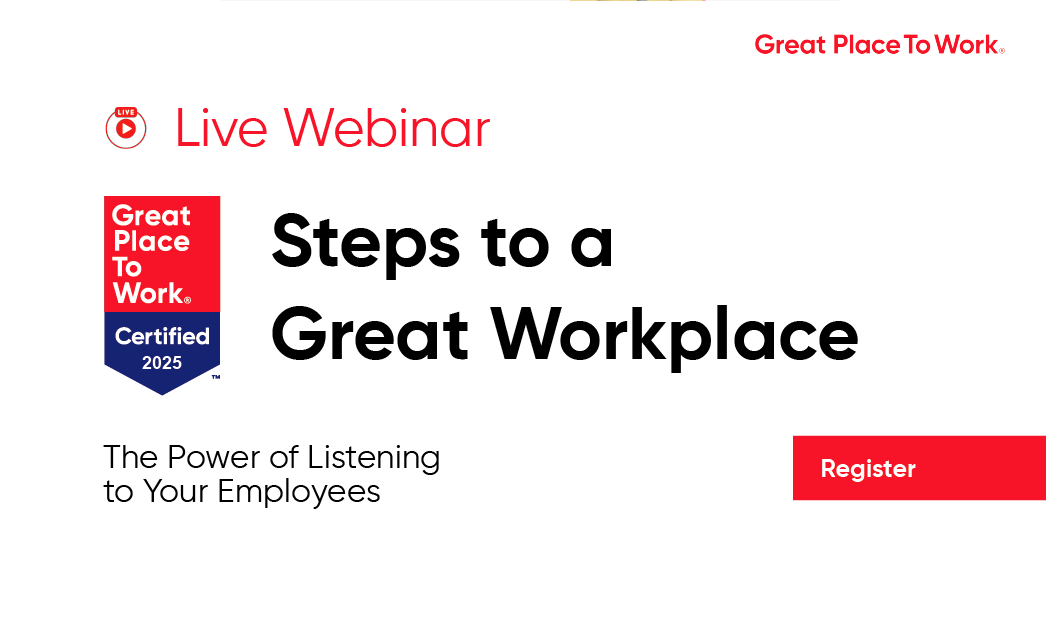The Heart of Employee Well-Being: Nurturing Mental Health in the Workplace.
Do you feel like productivity at your organization is low? Check your employee’s psychological well-being!
Employee well-being encompasses more than just physical health and job roles. It embraces the holistic experience of individuals within the confines of the areas that contribute to an elevated wellbeing and equally lead to an amass of productivity. In today's ever-evolving workplace landscape, the concept of employee well-being has transcended being a mere buzzword within HR circles, transforming into a strategic imperative. At the heart of this paradigm shift lies the acknowledgment that mental health occupies a paramount position in an employee's comprehensive wellness. Employers who place mental health at the forefront and actively nurture it within the workplace are not solely fostering a more robust and content workforce; they are also planting the seeds for heightened productivity, diminished turnover rates, and an elevated level of overall business performance. The well-being of employees serves as a significant indicator for both retaining employees and receiving employee referrals. Now we delve into the strategies that employers can employ to firmly establish mental health as the cornerstone of employee well-being.
The Value of Prioritizing Psychological Well-Being and Comprehensive Wellness in Employees
In a comprehensive study conducted jointly by Great Place To Work® and Johns Hopkins University, involving a diverse sample of over 14,000 individuals hailing from 37 countries, a profound revelation emerged: the multifaceted realm of employee well-being exerts a substantial influence on the crucial aspects of employee retention and employee referrals within organizations. The fusion of insights from this extensive global survey has illuminated the interconnectedness between the well-being of employees and the propensity for them to remain engaged and committed to their current roles, as well as their willingness to actively recommend the organization to potential new talent. This profound nexus underscores the pivotal role that prioritizing employee well-being plays in the complex tapestry of modern workforce dynamics, shaping not only organizational culture but also its resilience, growth, and the realization of strategic objectives. The prevalence of mental health concerns has far-reaching implications. As stated by the World Health Organization (WHO), the economic toll of depression and anxiety disorders extends to a staggering $1 trillion in global lost productivity annually. Validating the significance of these challenges further, research from the National Institute of Mental Health exposed that nearly 20% of adults in the United States encountered a mental illness in the year 2020, highlighting the pervasive impact of such issues. This isn't just a personal matter – it carries substantial economic weight.
According to a study discovered by Business Day NG, it states four out five (79%) of employees in Nigeria are at increased risk of developing mental health issues. Also, the study shows negative environment may lead to physical and mental health issues, it also discovered that 8% of Nigerian employees had an increased risk for depression. The American Institute of Stress emphasizes the financial strain mental health puts on U.S. businesses, revealing that workplace stress exacts a toll of over $300 billion each year in healthcare expenses and missed workdays. These aren't isolated numbers; they reflect a systemic concern that reverberates through productivity and absenteeism. Deloitte's investigations, for instance, demonstrate that mental health conditions contribute to more than 30% of disability claims in work environments. Employees grappling with mental health challenges exhibit higher rates of sick leave and diminished productivity, disrupting the overall organizational efficiency. Beyond the numbers, fostering a culture that values mental well-being is pivotal for retaining talent. Mind Share Partners' survey divulged that a substantial 60% of employees encountered symptoms of mental health issues within a single year, yet nearly half chose not to disclose their struggles to their employers. This underscores the urgent need to create an environment that destigmatizes mental health conversations, encouraging individuals to seek help and openly discuss their well-being without fear of repercussion.
By fostering an environment that encourages a holistic approach to wellness, organizations empower employees to strike a harmonious balance between their professional responsibilities and personal aspirations. This not only bolsters the individuals' overall quality of life but also mitigates burnout, which has become an all-too-common pitfall in today's fast-paced corporate culture.
How can employees flourish in an Organization?
In Great Workplaces, several approaches have been said to maximize employee experience and monitor employee well-being by measuring experience and getting feedback with employee experience surveys, embracing inclusivity, and inclusion of new developments in line with the future of work. Other strategic advancements have been put in place to aid in the prioritization of mental wellness. Employers and Leaders should also consider putting the following strategies to execution uphold mental health at the heart of employee well-being:
Cultivating a Supportive Culture:
A nurturing workplace culture forms the bedrock of mental health well-being initiatives. Employers can facilitate this by advocating open communication, empathy, and unwavering support. Initiatives include encouraging open conversations about mental health through routine check-ins and an accessible open-door policy. Moreover, senior leaders sharing their personal journeys of triumph over mental health challenges underscore the acceptability and courage in seeking help.
Implementation of Mental Health Policies:
Concrete policies underscore an organization's dedication to mental health well-being, equipping employees with the necessary framework to seek help. Employers can embrace the diverse needs of their staff by introducing flexible work arrangements such as remote work options, flextime, or condensed workweeks. The inclusion of mental health days in leave policies highlights the organization's commitment to holistic well-being.
Provision of Resources and Training:
Empowering employees with tools to navigate mental health challenges is empowering. Employers can conduct mental health workshops on stress management, resilience building, and coping strategies. Meanwhile, manager training enables leaders to detect distress signals, respond empathetically, and direct employees to suitable resources.
Designing a Wholesome Work Environment:
Acknowledging the profound impact of the physical workspace on mental health, employers can offer ergonomically designed workstations to enhance comfort and alleviate physical strain. Designating wellness spaces for relaxation, meditation, or taking breaks enhances employees' opportunities to recharge and rejuvenate during their workday.
Early Detection:
Early detection of mental health issues is a proactive approach that can prevent challenges from escalating. Organizations can provide tools like self-assessment questionnaires, wellness surveys, and regular check-ins to identify signs of distress. Managers trained in recognizing signs of stress, anxiety, or burnout can initiate conversations with employees and offer timely support.
Encouraging Work-Life Balance:
Striking a balance between professional commitments and personal lives is pivotal for mental well-being. Employers can foster this by setting realistic expectations to forestall employee burnout and by instilling a culture that discourages after-hours communication and respecting personal boundaries.

Prioritizing Well-Being through Benefits:
Demonstrating a dedication to comprehensive well-being, employers can include mental health coverage in health insurance plans, encapsulating therapy, counseling, and psychiatric services. Facilitating fitness and wellness programs grants access to fitness centers, wellness classes, mindfulness sessions, and activities that support a wholesome lifestyle.
Acknowledging and Rewarding Efforts:
Employers can accentuate the importance of well-being initiatives by publicly acknowledging employee accomplishments, both in their professional undertakings and personal growth. Offering incentives for active participation in well-being initiatives or the achievement of set well-being targets further underscores the organizational commitment to holistic wellness.
Fostering Community and Belonging:
Enabling a sense of camaraderie and belonging enhances mental health outcomes. Employers can orchestrate team-building activities that promote collaboration and strong interpersonal relationships among employees. Additionally, establishing employee resource groups for shared interests or experiences amplifies the sense of community and mutual support.
Facilitating Continuous Feedback and Enhancement:
Sustaining well-being efforts necessitate constant assessment and enhancement. Employers can elicit feedback from employees to gauge the effectiveness of mental health initiatives. Staying well-informed about cutting-edge research, evolving best practices, and emerging trends in mental health fortifies the organization's well-being efforts. Regularly checking in on employee well-being serves as a preventive measure to mitigate escalating concerns. Establishing feedback loops through regular performance evaluations and constructive feedback mechanisms empowers employees while promoting improvement. The adaptability of the organization to incorporate feedback ensures the ongoing evolution of policies, practices, and the work environment.
Exemplifying Corporate Social Responsibility:
Encouraging community engagement through volunteer activities and social impact initiatives reflects an organization's commitment to a greater good beyond business operations. Embracing sustainability practices resonates with employees who prioritize ethical practices and environmental responsibility.
The essence of employee well-being resides in the cultivation of mental health within the workplace. Employers wield the authority to construct an environment wherein employees flourish mentally, emotionally, and professionally. Through the seamless application of these diverse strategies, organizations can firmly entrench mental health at the core of their well-being endeavors.

The resultant outcome is a workforce that thrives, positively impacting engagement, loyalty, and productivity. As this paradigm extends beyond individual employees to permeate the organization's ethos, a culture of empathy, support, and enduring success emerges.
Credited to: Anita Nkiruka Okwechime








